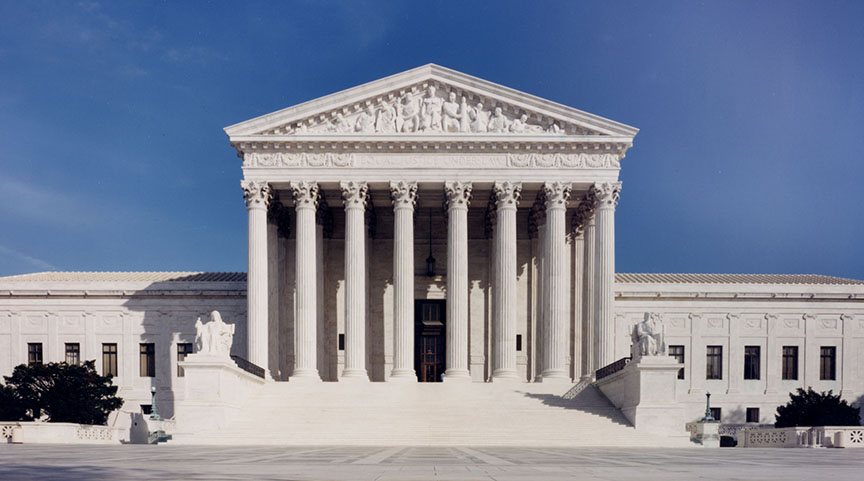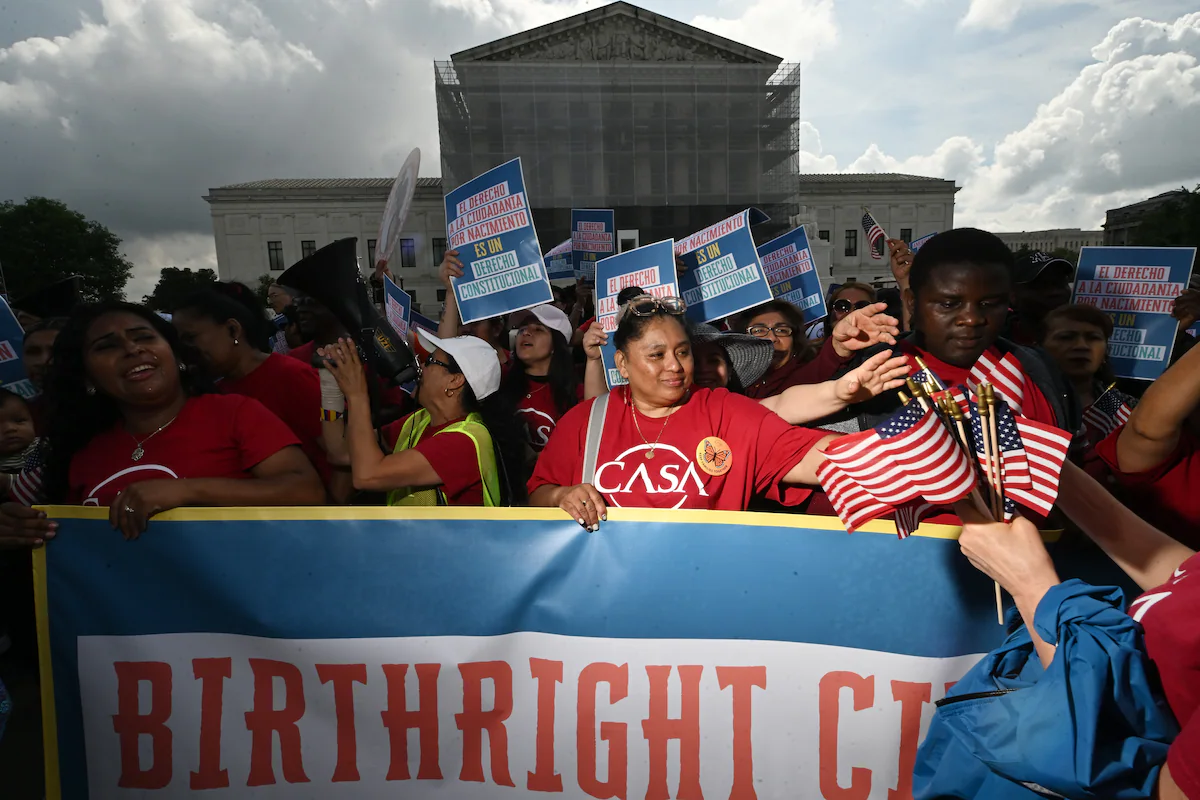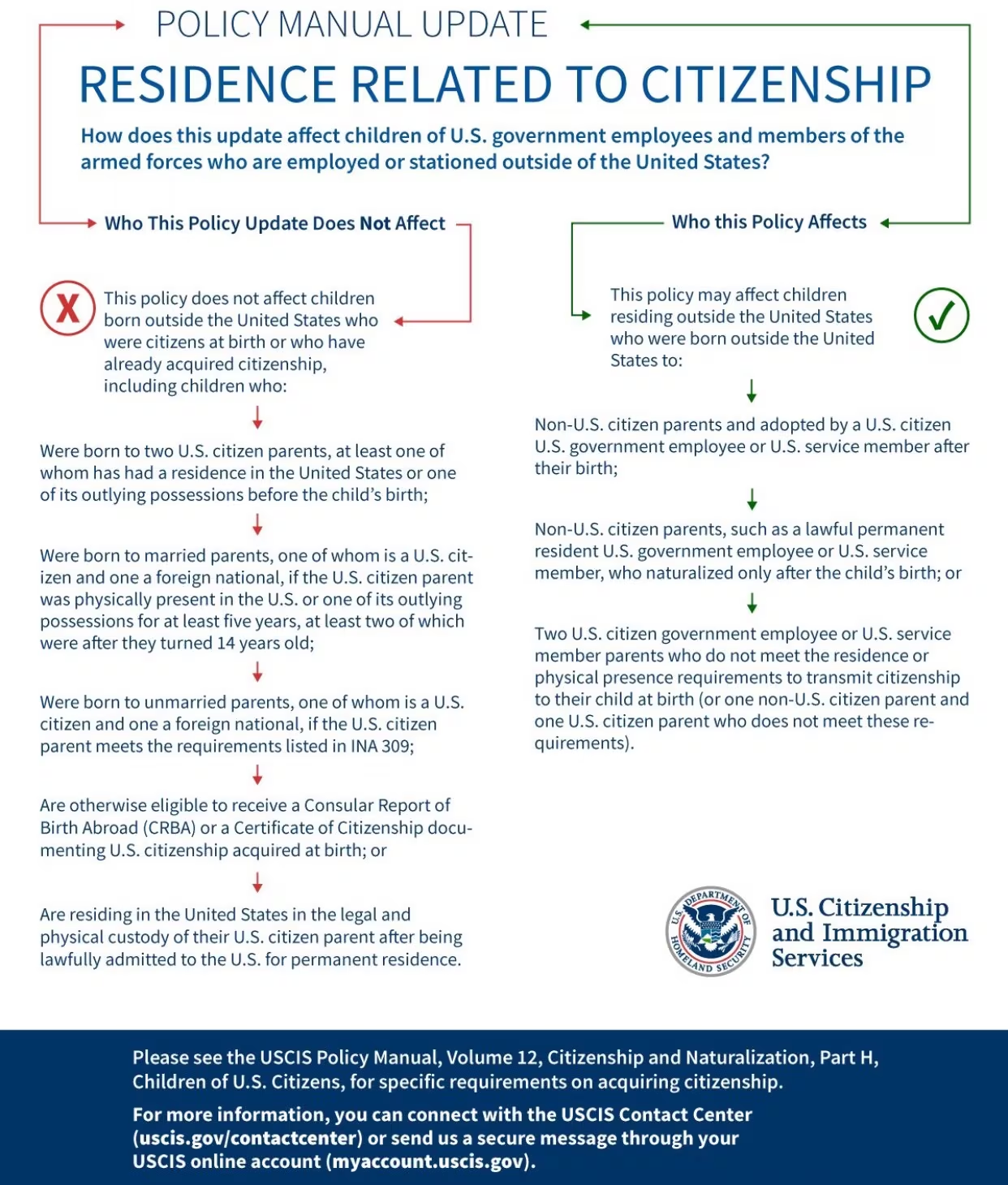Supreme Court Ruling Opens Door to Birthright Citizenship Attack
The recent Supreme Court ruling regarding President Trump"s executive order on birthright citizenship is a stark reminder of the increasing erosion of fundamental rights in America. The court"s decision to limit the power of federal judges, while leaving Trump"s order intact, casts a long shadow over the future of citizenship for countless children born in the United States.
Understanding the Executive Order
Trump"s directive is not just an abstract legal maneuver; it directly impacts the lives of millions of families. The order seeks to deny citizenship to children born on U.S. soil unless at least one parent is a citizen or lawful permanent resident. According to the White House, this policy is framed as a means of "protecting the meaning and value of American citizenship." However, it fundamentally undermines the core principles enshrined in the Fourteenth Amendment.

The Supreme Court Building - Supreme Court of the United States
Constitutional Violations and Legal Challenges
The Fourteenth Amendment has historically guaranteed birthright citizenship to anyone born on U.S. soil, a right that has remained unchallenged for over a century. The Supreme Court"s ruling has opened the floodgates for confusion and legal battles. Legal experts expect a surge in class action lawsuits aimed at protecting the rights of children potentially affected by this unconstitutional directive. As noted by Harvard Law School, the implications of altering birthright citizenship are profound and could lead to unprecedented legal chaos.
Political Ramifications of the Ruling
This ruling serves as a significant victory for Trump and his administration, enabling them to push forward with policies that many deem extreme. By narrowing the scope of judicial relief, the court has effectively greenlit a series of actions aimed at accelerating deportations and dismantling protections for marginalized communities. The six conservative justices on the court have set a dangerous precedent, as noted by Justice Amy Coney Barrett"s remarks on limiting judicial power. The implications are chilling: an empowered executive branch could increasingly sidestep legal checks and balances.

Supreme Court limits nationwide orders that have blocked ...
State Responses and the Fight for Justice
States across the nation, particularly those led by Democratic governors, are gearing up for a legal battle. New Jersey Attorney General Matthew Platkin has vowed to continue challenging Trump"s "flagrantly unlawful order" that threatens to strip citizenship from American babies for the first time since the Civil War. As reported by Plural Policy, states are asserting their right to seek nationwide injunctions, arguing that the financial and administrative burdens imposed by this directive warrant broad relief. Yet, the road ahead is fraught with uncertainty. Legal experts suggest that individual states may struggle to establish standing, complicating their ability to mount a united front against this attack on citizenship.
The Future of Citizenship and Democracy
As the 30-day countdown begins for Trump"s order to potentially take effect, families across the nation are left in limbo, uncertain about their children"s citizenship status. The chilling reality is that if allowed to be implemented, this order could lead to a patchwork of citizenship rights across the country, further entrenching systemic inequalities. The stakes are higher than ever; the fight for voting rights, immigration reform, and the very fabric of our democracy hang in the balance.

Immigration officials say new policy will only affect about ...



![[Video] Gunfire between Iraqi security forces and Sadr militias in Baghdad](/_next/image?url=%2Fapi%2Fimage%2Fthumbnails%2Fthumbnail-1768343508874-4redb-thumbnail.jpg&w=3840&q=75)
